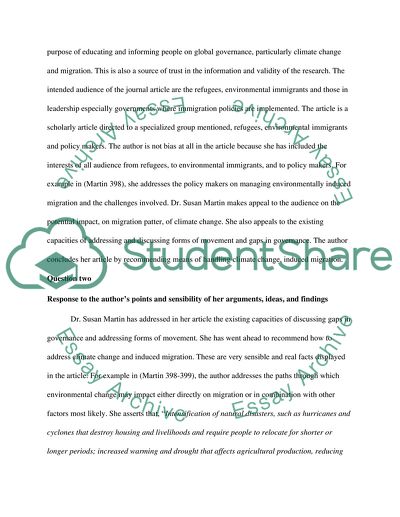Cite this document
(Analysis of the Article Climate Change, Migration and Governance by Assignment, n.d.)
Analysis of the Article Climate Change, Migration and Governance by Assignment. Retrieved from https://studentshare.org/environmental-studies/1794503-gobal-warming-migration
Analysis of the Article Climate Change, Migration and Governance by Assignment. Retrieved from https://studentshare.org/environmental-studies/1794503-gobal-warming-migration
(Analysis of the Article Climate Change, Migration and Governance by Assignment)
Analysis of the Article Climate Change, Migration and Governance by Assignment. https://studentshare.org/environmental-studies/1794503-gobal-warming-migration.
Analysis of the Article Climate Change, Migration and Governance by Assignment. https://studentshare.org/environmental-studies/1794503-gobal-warming-migration.
“Analysis of the Article Climate Change, Migration and Governance by Assignment”, n.d. https://studentshare.org/environmental-studies/1794503-gobal-warming-migration.


